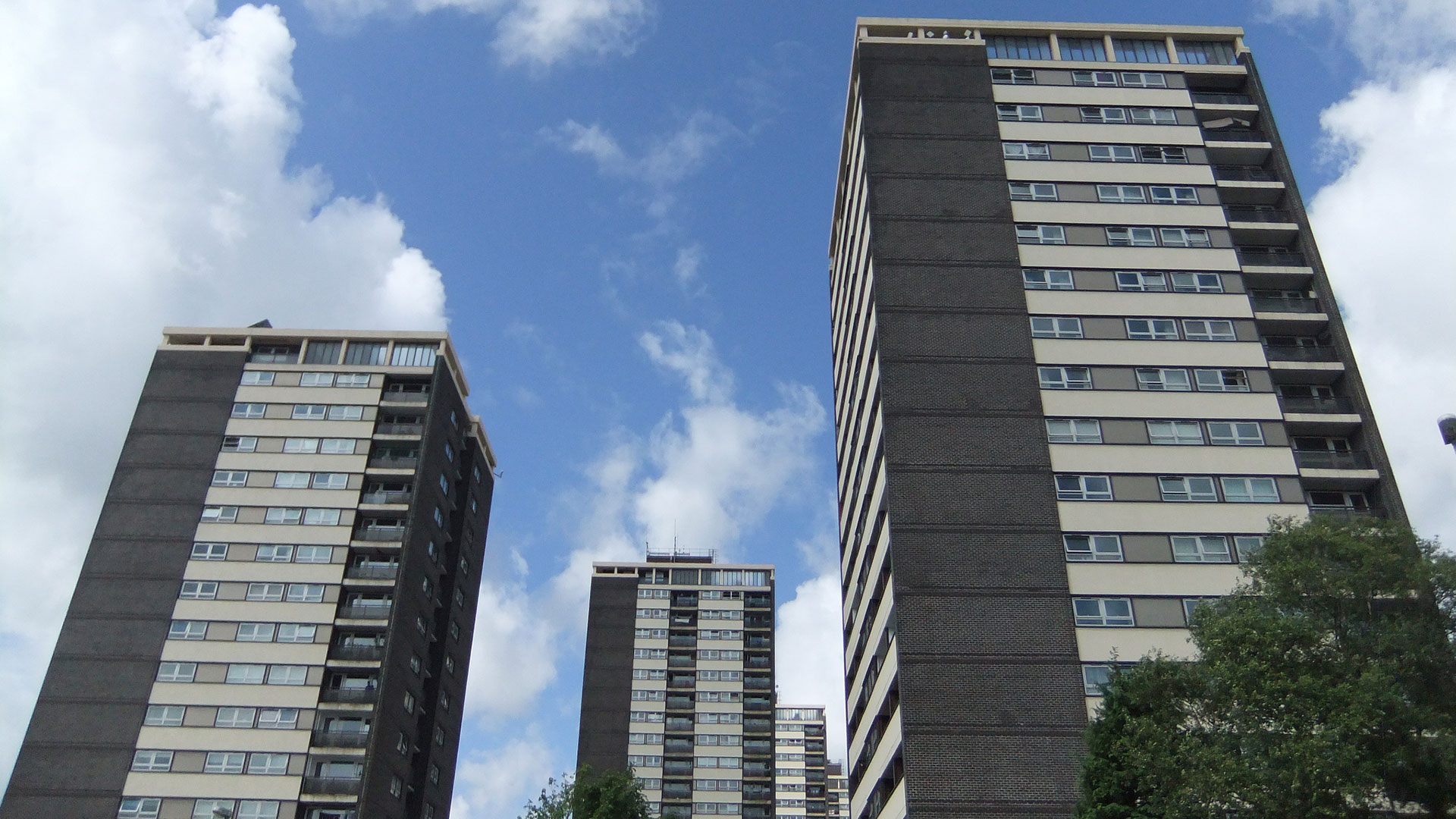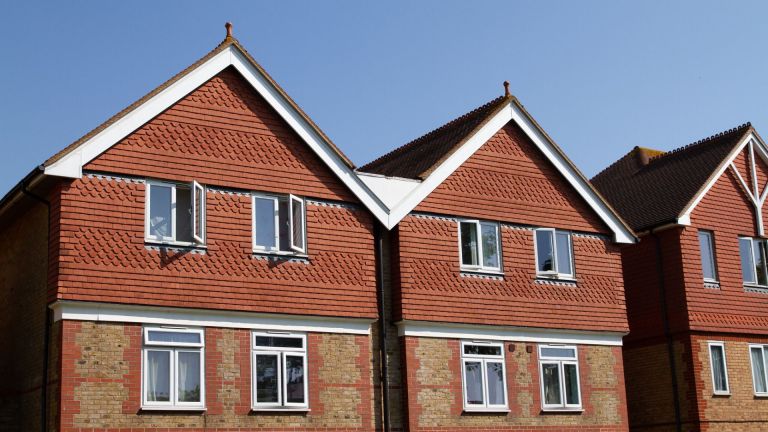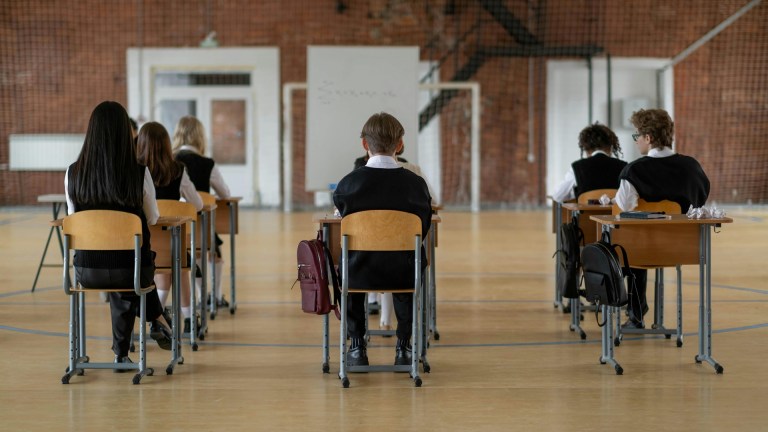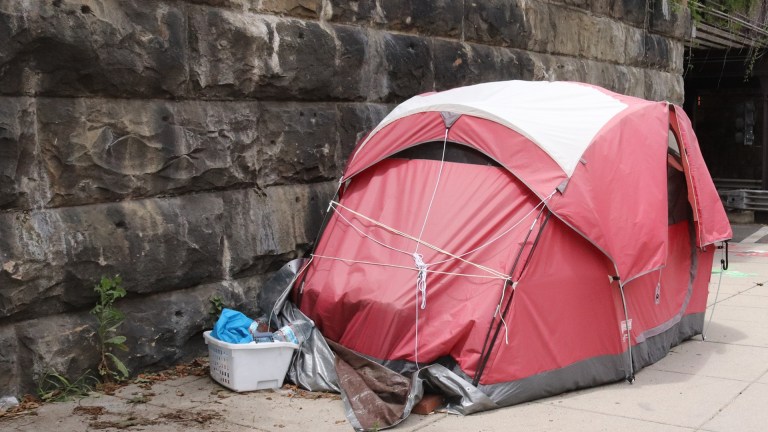A recent Public Health England study showed that overcrowding and poor housing conditions played a part in the spread of the virus through BAME communities, who have been worst hit.
Kate Henderson, NHF chief executive, said: “For many people, our homes have been important places of refuge and safety during this pandemic – but for countless others across the country home has felt less like a sanctuary and more like a prison. Inadequate housing and cramped conditions are making lockdown even more unbearable for millions of people right now.
“Homes have been the centre of our lives during the pandemic and as the country starts to re-open, the government must put homes at the heart of the country’s recovery too.
“The government have said they want to end rough sleeping, rebuild communities and help the economy bounce back. Putting more money in to building new social homes, and improving the quality of existing homes, will help achieve all of these things – more jobs, a boost to the economy, and affordable, high quality places for people to live and communities to thrive.”
Luton care worker Emma, 42, rents a 2-bedroom maisonette from a private landlord and spent lockdown living there with her 13-year-old daughter. She is on a zero-hour contract and receives Universal Credit and said she found it “virtually impossible” to find a suitable private rented home that would take people who were on benefits.
The council has said it could take 16 years for us to get a home
“The mould, damp and leaking pipes got so bad that my daughter had to go to hospital for her asthma twice during lockdown because she couldn’t breathe,” she said. “The house has been bad for a while, but constantly being at home has made her asthma much worse. She had to move in with her father because it’s not safe for her to live here.”
When Emma tried to take action on the poor conditions prior to the crisis by contacing environmental health and her local MP, her landlord kicked off eviction proceedings. These have now been delayed due to the Government’s temporary ban on evictions.
She said: “I’m desperate to find somewhere else to live. We are on the social housing waiting list but the council has said it could take 16 years for us to get a home. I’ve been looking at private rent but it’s too expensive, especially when you take into account paying a deposit and fees.
“It’s heartbreaking. I just want my daughter back with me again.”
The concerning figures are driving a campaign by five leading housing organisations – with the backing of 60 businesses, charities and think tanks – urging the Government to base their crisis recovery plans on funding for new and existing social housing.
A record 3.7 million people are living in overcrowded housing, including 1.6 million children, according to YouGov data and new analysis of the English Housing Survey.
The Homes at the Heart campaign sees the NHF, the Association of Retained Council Housing, the Chartered Institute of Housing and Crisis join forces to demand action on the extreme shortage of social housing in the UK.
Crisis chief executive Jon Sparkes said the Covid-19 crisis has “laid bare the dire housing situation” across the country.
He added: “It’s also meant we’ve never had a better understanding of the value of home – and the many reasons why it should be available to all.
“As part of the Homes at the Heart partnership we will build on the progress made in tackling homelessness during the outbreak. Urgent investment in social housing would be a major springboard towards ending homelessness for good, ensuring that everyone has somewhere safe and settled to call home.
“Without this, we risk people returning to our streets or stuck in unsafe, temporary accommodation for months, if not years.”









